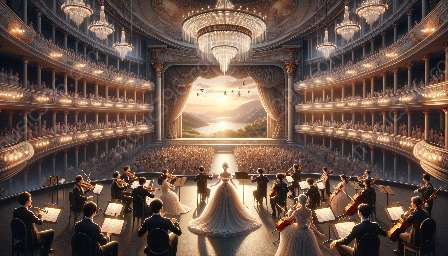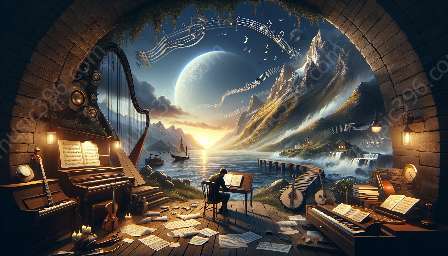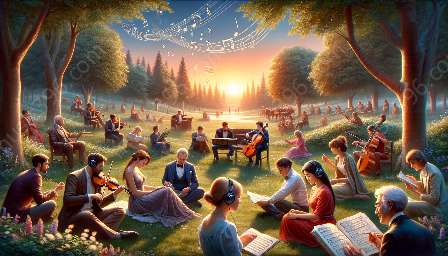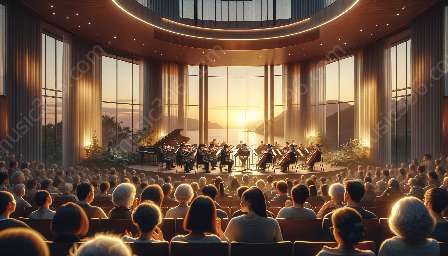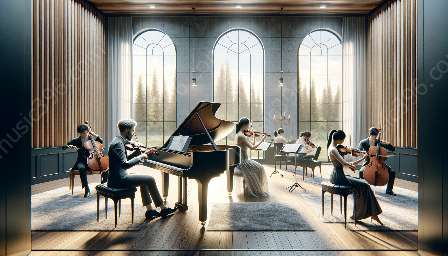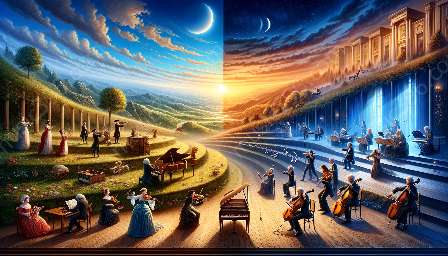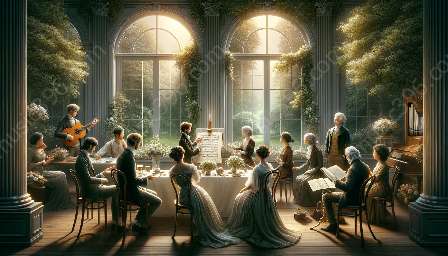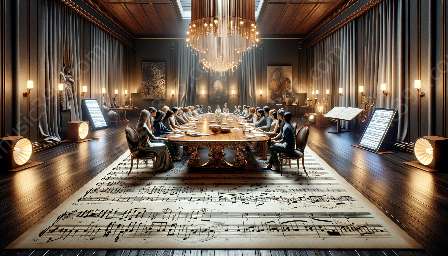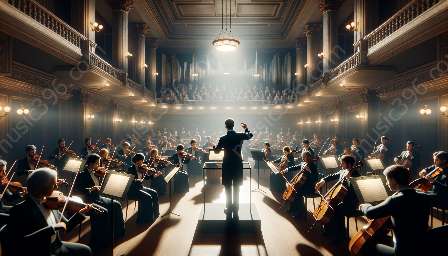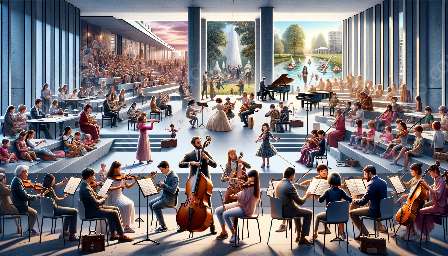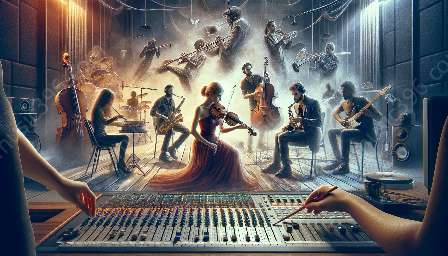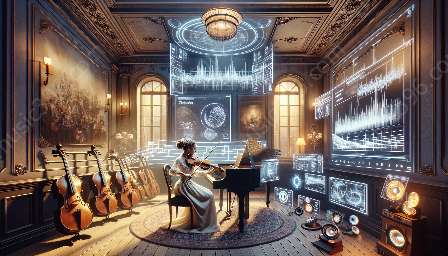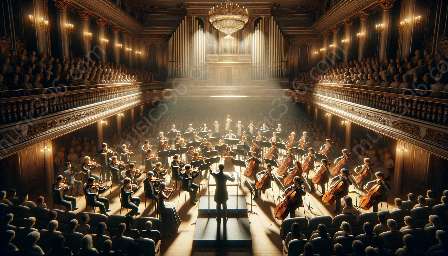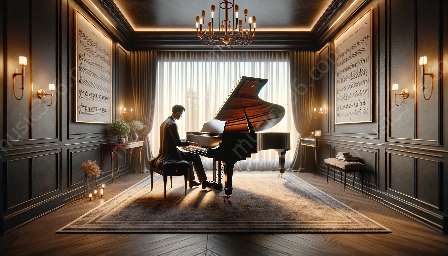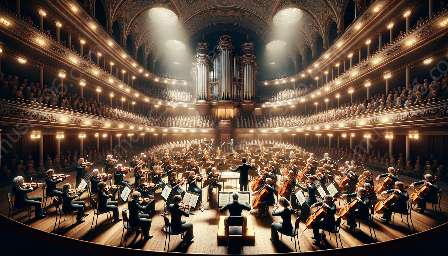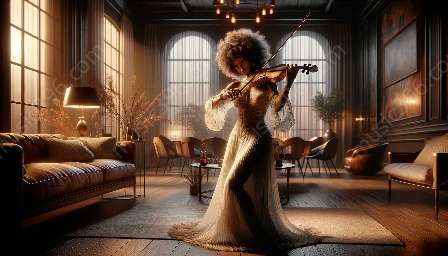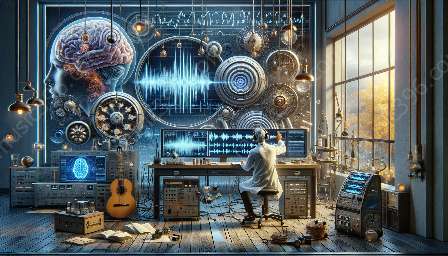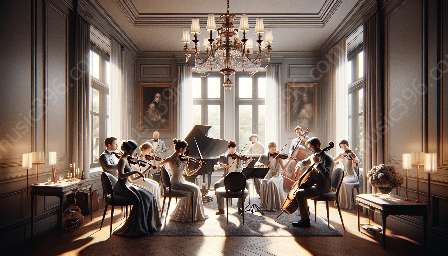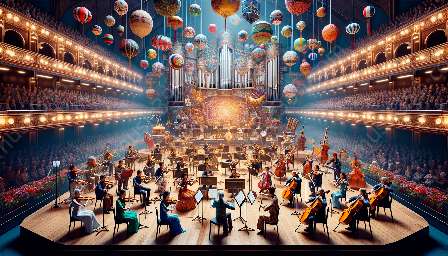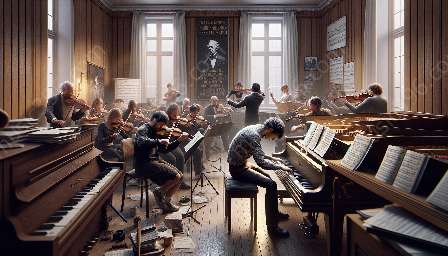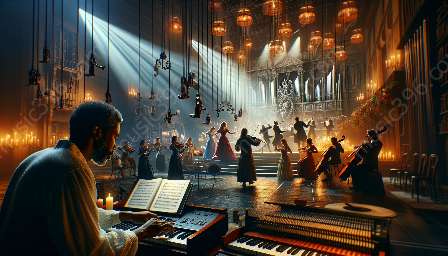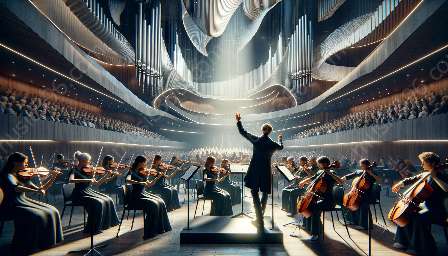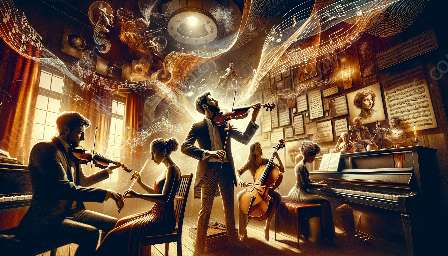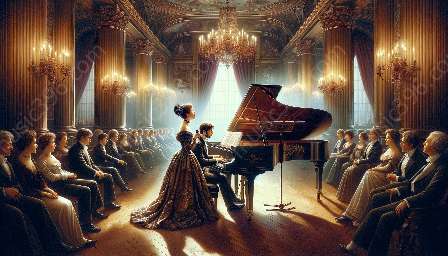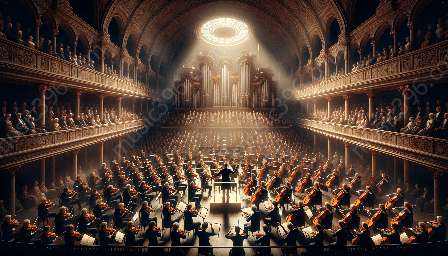Classical music compositions serve as poignant reflections of the emotions prevailing in the eras in which they were created. The rich tapestry of classical music embodies the intricate interplay between human emotions and the cultural, social, and political landscapes of different historical periods, offering a profound glimpse into the soul of humanity.
The Emotional Power of Classical Music
Classical music has a unique ability to convey a broad spectrum of emotions, from profound sorrow to exuberant joy. Composers of different epochs have employed intricate harmonic and melodic structures, as well as orchestration techniques, to evoke the complexities of human sentiment.
During the Baroque period, composers such as Johann Sebastian Bach and Antonio Vivaldi brought forth the emotional depth of their time through their compositions. The ornate compositions of the Baroque era often echoed the grandeur and spiritual fervor of the period, reflecting the prevailing religious and philosophical sentiments.
Capturing the Spirit of Romanticism
As classical music evolved into the Romantic era, composers such as Ludwig van Beethoven, Frédéric Chopin, and Pyotr Ilyich Tchaikovsky delved into the depths of human passion and longing. Their compositions often embodied the tumultuous emotions of love, despair, and yearning, resonating with the societal upheavals and personal turmoil of the era.
Expression of Turbulent Times through Music
The tumultuous events of the 20th century were reflected in the compositions of classical masters such as Dmitri Shostakovich and Igor Stravinsky. The discordant harmonies and dissonant melodies mirrored the chaos and upheaval of two world wars, as well as the societal and political unrest of the era.
Modern Compositions and Contemporary Emotions
Contemporary classical composers continue to weave the emotions of our time into their compositions. The complexities of modern life, the existential angst, and the fervent pursuit of meaning and purpose find resonance in the evocative works of contemporary composers such as Arvo Pärt and John Adams.
Embracing Classical Music's Emotional Legacy
Exploring the emotional tapestry of classical music compositions allows us to appreciate the interconnectedness of human emotions across different epochs. The profound resonance of classical music endures as a testament to the enduring power of human emotions, transcending time and space.

